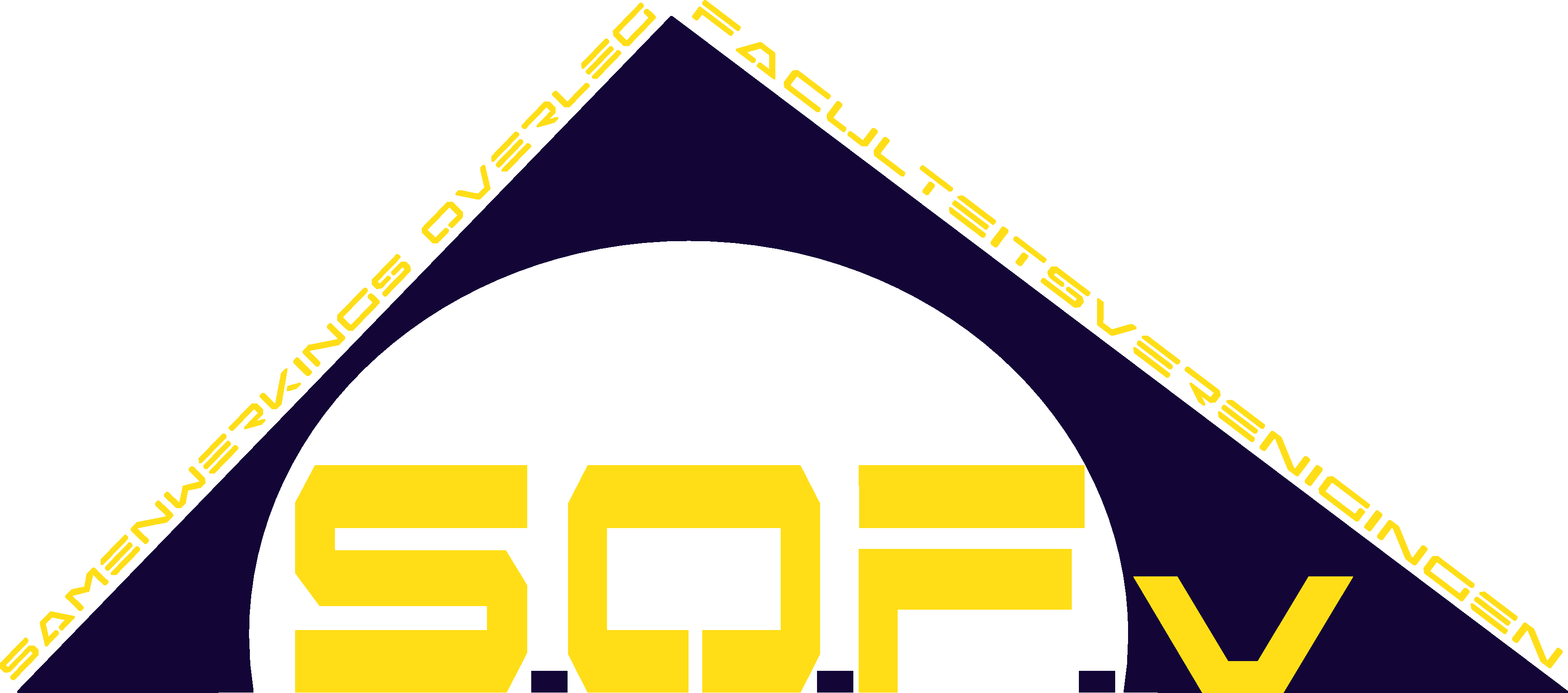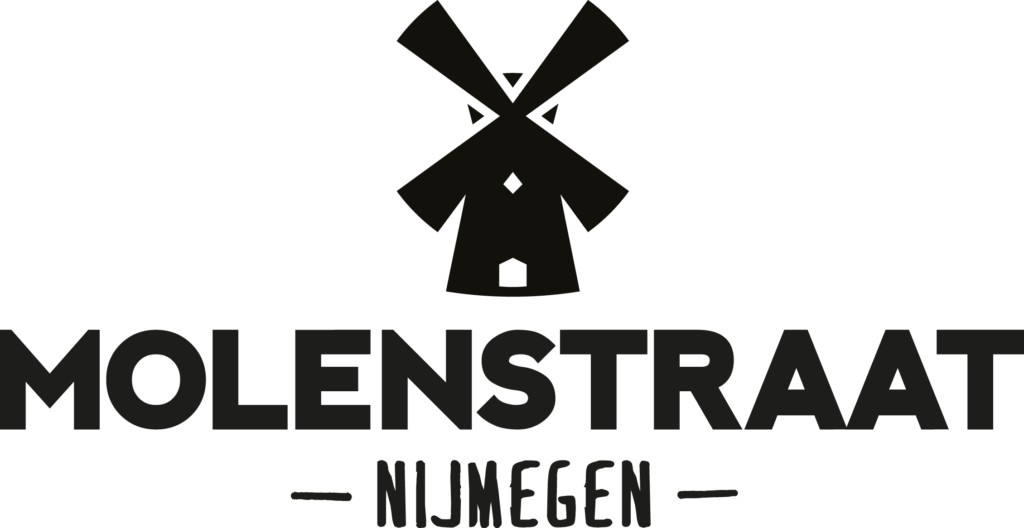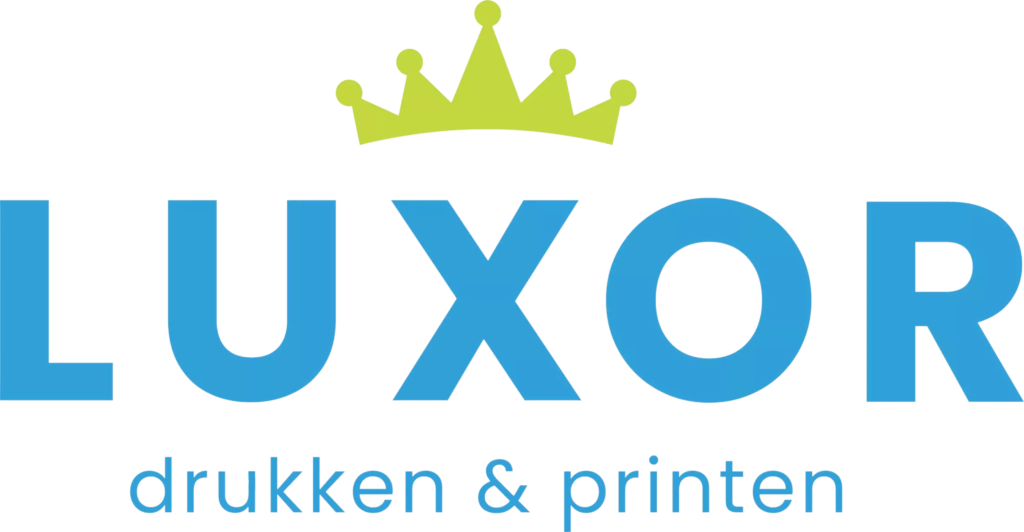The Political Chairs of SOFv represents the interests of students and student associations, especially as a member of the University Student Council (USC). It is useful to understand how the USC works in order to follow its proceedings effectively. These pages aim to provide insight into the structure and operation of central-level representation, especially the USC.
What does the USC do?
The USC, in collaboration with the Works Council (OR), contributes to the policies of Radboud University Nijmegen at the central level. The student council advocates for the interests of students through meetings with the Executive Board (CvB) and discussions with policy staff and other influential organizations within the university.
The University Student Council advocates for students on a wide range of issues. Within the Joint Assembly, the student council discusses important policy documents with the Executive Board. Additionally, the student council participates in various meetings and maintains contact with other representative bodies. The student council also shows ongoing initiative by writing policy memorandums and participating in working groups and advisory boards.
You can find more information about university representation at www.ru.nl/usr or www.numedezeggenschap.nl.
Who is on the University Student Council?
The USC in Nijmegen consists of 14 members. Every year, elections are held in order to elect these members. These members come from the student parties V.O.S., AKKUraatd, Green+ and Knokpartij. Our Political Commissioners are on the list of the student party V.O.S.. This party consists of the umbrellas of the associations within the student community. The NSSR is there for the sports associations, BOS for the convivial associations, CSN for the religious associations, CODC for the cultural associations and SOFv for the study associations. Together, these umbrella associations form V.O.S..
The USC Outside the GVs
In addition to the cycle of the Joint Assembly, the USC is involved in its own initiatives. In addition to internal meetings with the entire USC, there are also more specific forms of work, including working groups and advisory boards. Working groups are established with specific goals in mind, and once those goals are achieved, the working group is dissolved. Some topics within the working groups include Active Student, Wellbeing & Inclusion, Campus & Sustainability, Education & ICT, and Visibility & Relations. Advisory boards, on the other hand, operate throughout the year, with members continuously providing input on university policies.
To stay well-informed about everything that’s happening, there are various contact person roles. For each Faculty Student Council (FSC), there is a contact person, along with all assessors and various organizations within the university, such as the Green Office.
The USC In the GVs
The University Student Council (USC) forms the Joint Meeting (GV) along with the Works Council (OR). The Works Council advocates for the interests of employees at Radboud University. The council consists of twenty elected members, supplemented by four members on behalf of the UMC Council, affiliated with the academic hospital. The USC and the Works Council have an influence on the central policies of the university. These policies are executed on the orders of the Executive Board (CvB), which consists of three people: a Chairperson, a Rector Magnificus, and a Vice-Chairperson.
The Joint Assembly consists of eight cycles in which certain policy documents are discussed. The various documents are divided into several fixed committees, including Finance; Real Estate, ICT and Personnel Internally (FVIP); Strategy, Policy, and Governance Internally (SBB); and Education, Research, and Student Internally (OOS). The policy documents are ultimately discussed jointly during the Preparatory Joint Assembly (VGV), and then with the Executive Board in the so-called Consultative Joint Assembly (ovGV). During the Concluding Joint Assembly (AGV), the USC and the Works Council provide their final advice on various agenda items and may vote on certain agenda points.
Policy Points and Providing Input
If you have an idea, question, comment, or would like to see a change, please do not hesitate to inform the Political Chairs. They are there to represent you. Providing them with input is one of the most important aspects of effective representation.
If you are curious about the policy documents discussed in the meetings, you can also send a message to the Political Chair. She can provide you with login information so that you can read the policy documents yourself.




